When you hear “Tokyo,” you might picture a scene reminiscent of Times Square: dazzling billboards, bustling crowds in business attire, a fast-paced energy. But Tokyo, like New York City, is much more than its central district. It’s a prefecture composed of 23 distinct wards, each with its unique character and charm.
23 Wards of Tokyo
Tokyo, the capital of Japan, is home to the Imperial Family, the iconic Meiji Shrine, and the Japanese government. With a population exceeding 13 million, it’s a sprawling metropolis divided into 23 special wards, along with other cities, towns, villages, and even islands. Each of these areas has its own local government, similar to how a city operates.
| Tokyo wards |
| Adachi , Arakawa , Itabashi , Edogawa , Ota , Katsushika , Kita , Koto , Shinagawa , Shibuya , Shinjuku , Suginami , Sumida-ku , Setagaya-ku , Taito , Chuo , Chiyoda , Toshima , Nakano , Nerima , Bunkyo-ku , Minato , Meguro |
| Tama Shibu |
| Akishima , Akiruno , Inagi , Ome , Kiyose , Kunitachi , Koganei , Kokubunji , Kodaira , Komae , Tachikawa , Tama , Chofu , Nishitokyo , Hachioji , Hamura , East Kurume , Higashimurayama , Higashiyamato , Hino , Fuchu , Fussa , Machida , Mitaka , Musashino , Musashimurayama |
| Nishitama County |
| Okutama-machi , Hinode-cho , Mizuho-cho , Hinohara-mura |
| Tokyo offshore islands |
| Oshima Branch Office Oshima town , village Toshima , Niijima , Kozu village,Miyake Branch Office Miyake Village , Village Mikurajima Hachijo Branch Office Hachijo town , village Aogashima Ogasawara Subprefecture Ogasawara Village |
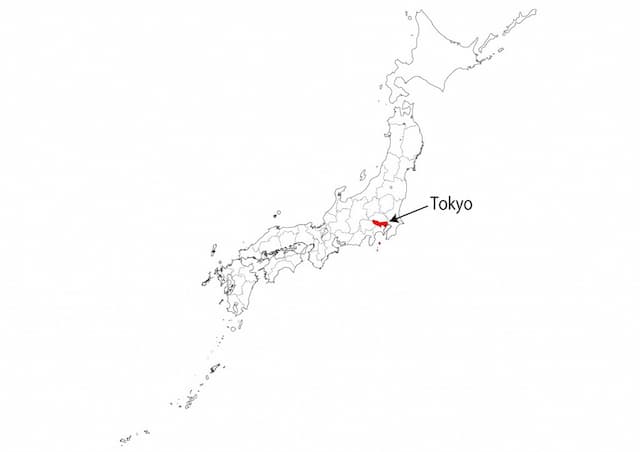
The 23 wards alone house roughly 8 million people. Setagaya is the most populous, followed by Nerima. The city center, with its sky-high land prices, is home to a smaller population, primarily affluent residents. Here’s a breakdown of the 23 wards and their approximate populations:
- Setagaya: 829,624
- Nerima: 703,005
- Ota: 676,458
- Edogawa: 671,937
- Adachi: 645,365 (home to Nishiarai Daishi, a major Buddhist temple)
- Itabashi: 531,793
- Koto: 442,271
- Katsushika: 429,289
- Shinagawa: 344,461 (corporate headquarters for MOS Burger, Lawson, Japan Airlines)
- Kita: 332,140
- Shinjuku: 312,418 (mix of residential and commercial areas)
- Nakano: 311,690
- Toshima: 267,787
- Meguro: 259,968
- Minato: 217,335 (home to major corporations like Honda, Mitsubishi, NEC, Sony, Toshiba)
- Shibuya: 208,371 (Japan’s fashion hub)
- Arakawa: 205,263
- Bunkyo: 180,209 (residential and educational center, home to the University of Tokyo)
- Chuo: 108,943 (primarily a business district)
- Chiyoda: 45,543 (location of the Imperial Palace, government buildings, and embassies)
Tokyo’s Climate
Tokyo experiences four distinct seasons. Winters are cold, while summers are hot and humid. The average temperature fluctuates throughout the year, as recorded by the Japan Meteorological Agency between 1981 and 2010.
| Jan | Feb | Mar | Apr | May | Jun | Jul | Aug | Sep | Oct | Nov | Dec |
| 6.1 | 6.5 | 9.4 | 14.6 | 18.9 | 22.1 | 25.8 | 27.4 | 23.8 | 18.5 | 13.3 | 8.7 |
| 9.9 | 10.4 | 13.3 | 18.8 | 22.8 | 25.5 | 29.4 | 31.1 | 27.2 | 21.8 | 16.9 | 12.4 |
| 2.5 | 2.9 | 5.6 | 10.7 | 15.4 | 19.1 | 23 | 24.5 | 21.1 | 15.4 | 9.9 | 5.1 |

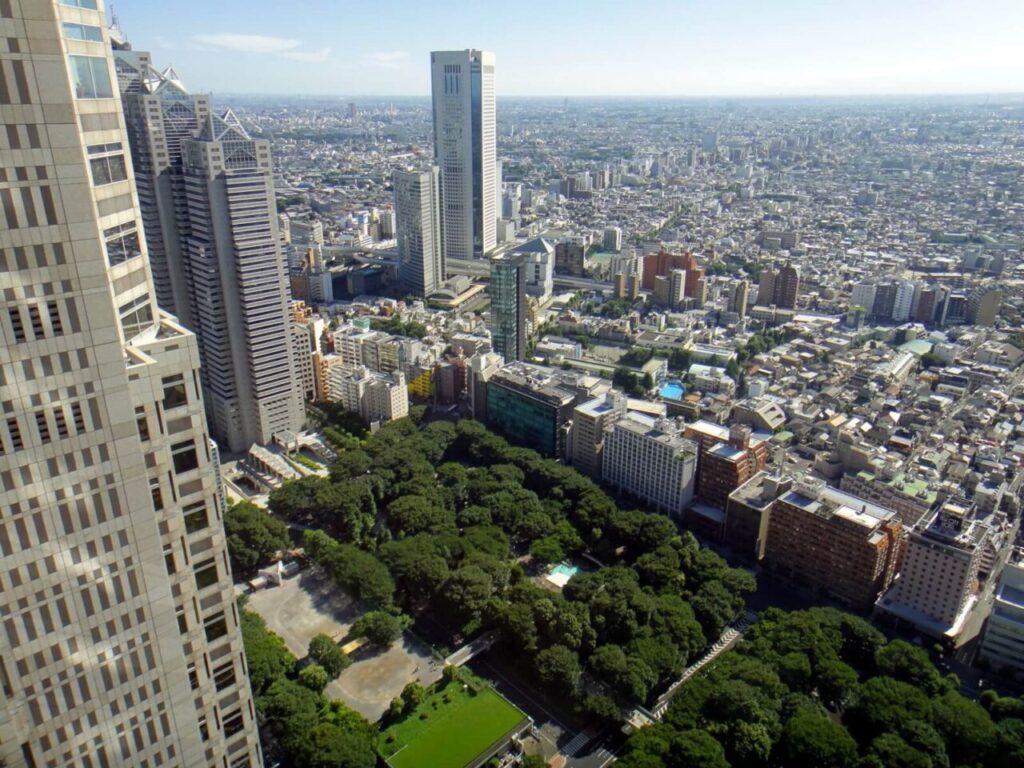
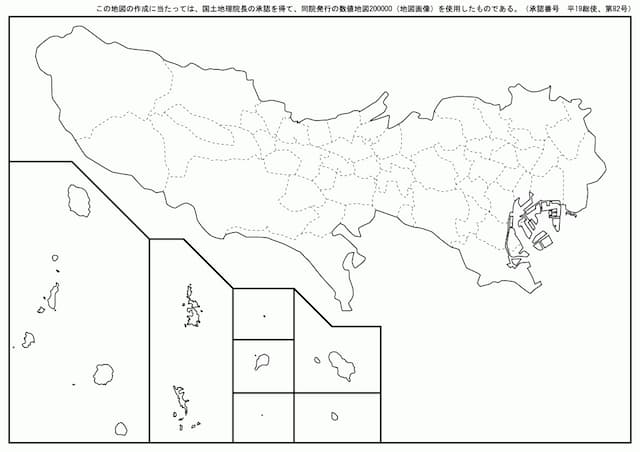
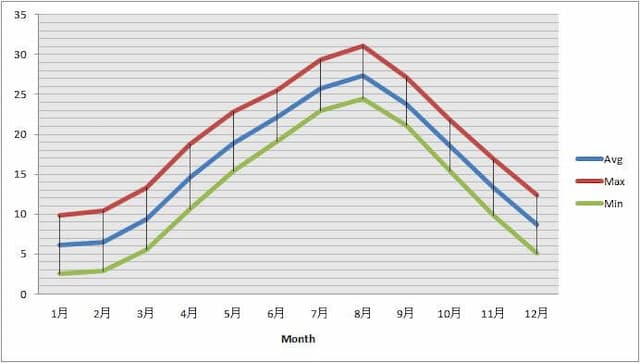




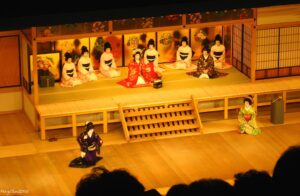
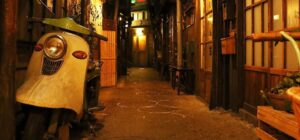
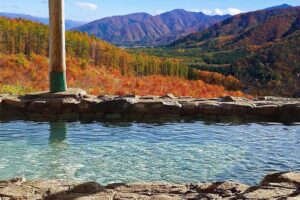
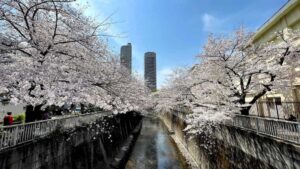
Comments